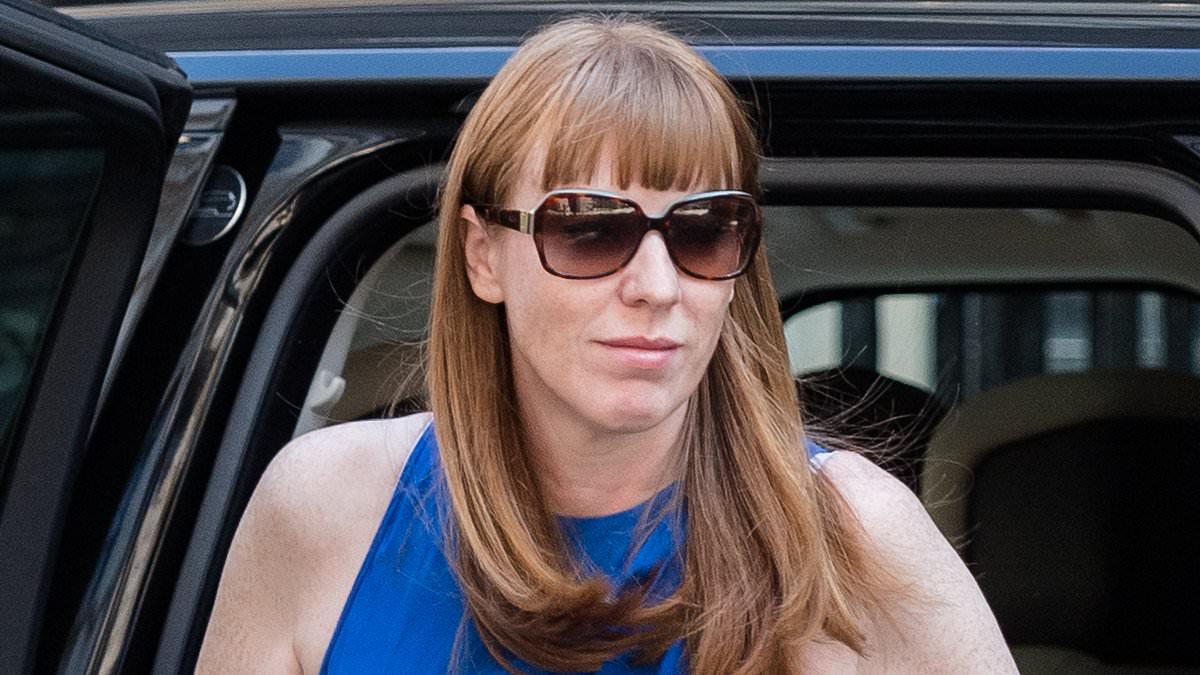
Understanding the Property Deals of Angela Rayner
Angela Rayner, the Deputy Prime Minister, recently made headlines for her real estate decisions that have raised eyebrows among the public and politicians alike. Allegations suggest she cleverly navigated tax regulations regarding her property ownership, particularly to minimize stamp duty. This article aims to delve deeper into the implications of these actions and their relevance in today’s housing market.
The Coastal Flat Controversy
According to reports, Rayner purchased an £800,000 coastal flat in Hove, East Sussex, shortly after removing her name from the deeds of a Greater Manchester property. By stating that her constituency home remains her primary residence, she allegedly managed to reduce her stamp duty payment from £70,000 to just £30,000. Such financial maneuvers raise questions about fairness in the housing market, especially as the Chancellor has earlier increased taxes for second home owners.
Implications of Property Ownership Changes
Rayner’s decisions are legally permissible, but they spotlight a potential ethical dilemma regarding the responsibilities of public officials in their property dealings. A spokesperson for Rayner insists her transactions followed all legal requirements, emphasizing that she has always paid the necessary taxes for her properties.
Public Response and Criticism
Critics are vocal about the apparent double standards in how political figures navigate property taxes versus the average citizen. Figures within the opposition argue that these property deals exemplify a lack of accountability among those in power. As reported, Richard Tice of Reform UK criticized Rayner for her property acquisitions while she advocates for housing solutions for the public.
Conclusion: The Bigger Picture
This situation surrounding Angela Rayner’s property transactions serves as a larger commentary on the current housing crisis in the UK. With rising house prices and new tax regulations, the ability of wealthy individuals to navigate these waters raises essential questions about equity and transparency in property ownership.
For those interested in investing wisely in real estate, consider exploring eco-friendly home essentials that align with sustainable living and responsible ownership.





